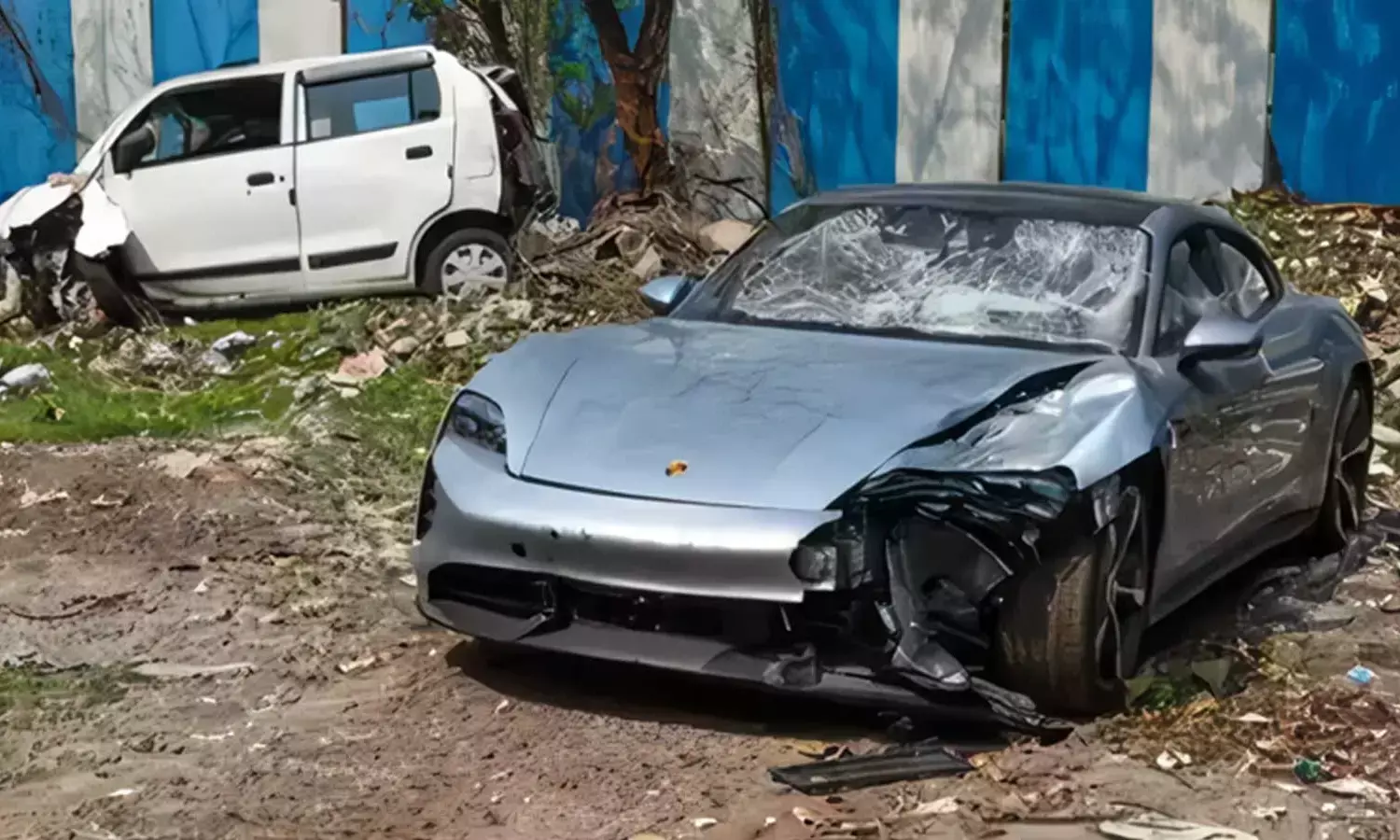Juvenile Justice Board Rules 17-Year-Old Accused in Pune Porsche Crash to Be Tried as Minor

The Juvenile Justice Board (JJB) in Pune has ruled that the 17-year-old accused in the fatal Porsche crash that killed two young IT professionals in May 2024 will be tried as a juvenile, rejecting the prosecution’s plea to treat him as an adult.
The order was passed after the Board conducted a preliminary assessment as mandated under Section 15 of the JJ Act.
Prosecution had argued that the gravity of the offence warranted that the teenager be tried as an adult, categorising it as a “heinous offence” based on the charges of culpable homicide not amounting to murder under Section 304 of the IPC and forgery under Section 467, both carrying a potential sentence of more than seven years, with the latter punishable by life imprisonment.
The police had maintained that the boy was aware of the consequences of his actions, especially since he was allegedly under the influence of alcohol while driving without a licence at the time of the crash. However, the Board disagreed with the classification, accepting the defence’s argument that the offences in question, despite their seriousness, do not meet the definition of “heinous offence” under the JJ Act.
The defence, led by advocate Prashant Patil, cited the Supreme Court’s ruling in Shilpa Mittal v. State of NCT of Delhi to argue that only those offences with a minimum sentence of seven years fall within the ambit of “heinous offences”. Patil also submitted that the juvenile should be given the opportunity for reform and rehabilitation as envisaged by the statute.
In its order, the Board observed that while the incident was tragic, the statutory framework guiding the treatment of children in conflict with the law could not be sidestepped. It noted that the assessment of the minor's mental and physical capacity, understanding of the consequences, and circumstances of the offence did not justify transferring the case to an adult court. Accordingly, the Board concluded that the accused shall continue to be treated as a juvenile and the inquiry shall proceed before the JJB.
The decision comes nearly two months after the horrific incident on May 19, 2024, in Pune’s Kalyani Nagar area, where a speeding Porsche Taycan, allegedly driven by the minor, rammed into a motorcycle, killing 24-year-old Aneesh Awadhiya and 25-year-old Ashwini Costa on the spot. Initial outrage erupted after the JJB granted bail to the accused within hours of his apprehension, directing him to write a 300-word essay on road safety and work with a traffic police unit. The bail order was widely criticised, prompting public protests and media attention. The teenager was later remanded to an observation home following intervention by the police and the State Commission for Protection of Child Rights.
The case took further turns when allegations surfaced regarding tampering of blood samples to protect the accused from drunken driving charges. Two doctors from Sassoon General Hospital were arrested, and reports later revealed an attempt to repeat the tampering at Civil Hospital.
A supplementary chargesheet was filed, naming the accused’s parents, hospital staff, and intermediaries involved in what the police described as a coordinated effort to obstruct justice.
On June 25, the Bombay High Court held that the remand to the observation home was illegal and directed that the boy be released into his aunt’s custody. However, it permitted the Board to proceed with its preliminary assessment and decide whether the accused should be tried as an adult.
A Pune court had earlier approved the bail for Vishal Agarwal, and his father in a case related to the alleged kidnapping and wrongful confinement of their family driver following a fatal Porsche car crash in May, 2024.
With the JJB’s ruling now in place, the proceedings will remain within the jurisdiction of the juvenile system - This implies that the trial will be conducted behind closed doors, the records will remain confidential, and the maximum possible sentence will focus on reformation rather than retribution.
